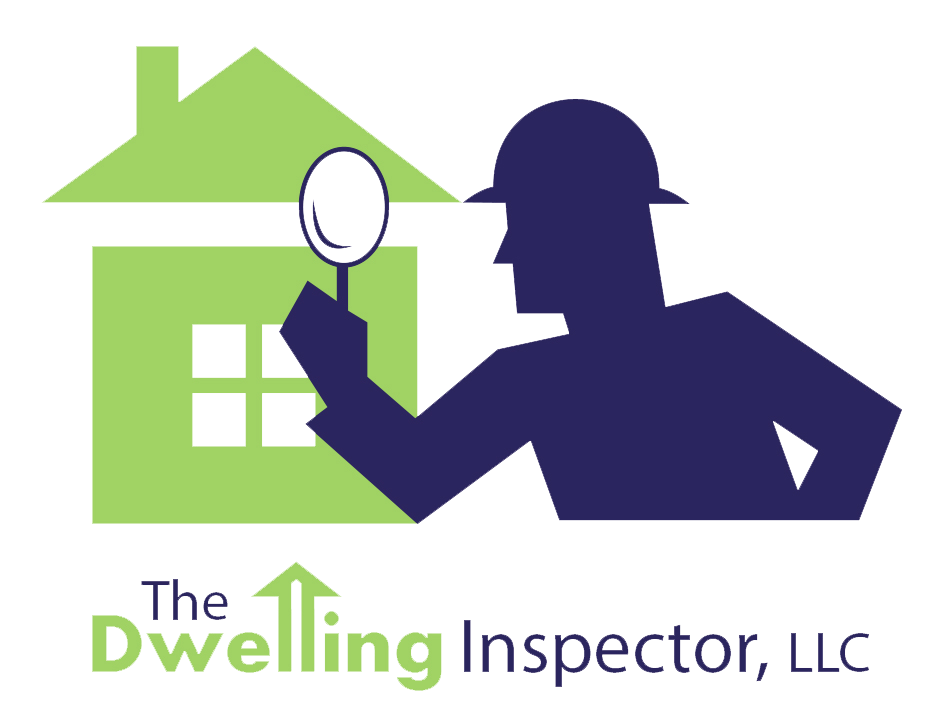What Really Matters in a Home Inspection
For many buyers, the result of a home inspection is the deciding factor on whether to proceed with the purchase of a property or not. If the issues outlined are deemed minor and the buyer has sufficient financial resources, then signing the sale documents is the next step.
If not, Eagle Management advises, renegotiating with the seller for a lower price or asking for repair conditions. Buyers might also choose to find other properties instead of dealing with the existing problems of the home in question.
Importance of Home Inspections
Buying a property entails a huge chunk of money invested in the property. Naturally, if you were the buyer, you’d want to make sure you get the value of what you invested. A property may look perfect on the outside, but knowing if there are any major defects will save you financially.
A home inspection can uncover a growing termite problem, broken heater, old plumbing system, outdated electrical system, and plenty more.
As a non-specialist, it’s hard to know a property’s issues just by looking at its exterior. Some of these damages may also come with steep costs. That’s why hiring a home inspector is crucial before buying a home.
It also minimizes the risk for the buyer and gives you an idea of estimated repairs if you plan to proceed with the sale, in addition to helping you renegotiate the price with the property seller in the event that the inspection report finds major damage to the home.
What Matters in a Home Inspection
When you receive an inspection report, you’ll find that there are 4 major areas it focuses on. This can make the difference in pushing to continue with the purchase or not. It’s best to consider them carefully:
- Major deficiencies that are items that cannot go ignored or undetected since they are vital to the home’s safety. This may pertain to structural problems that can turn into a priority for safety concerns.
- Items that may not initially sound like a major defect but have a great potential to become one. This can refer to leaking pipes since water damage can affect the interior & exterior of a home, and can lead to expensive repairs. Roofing is also critical because it protects the home from weather conditions, and defects in the roof can lead to water damage also.
- Aspects that could limit financing or insurance of the home. These defects can be caused by severe weather conditions, or by general weathering over time.
- Items that represent safety hazards. This can refer to exposed electrical wires in the property.
These are critical points in a home inspection report. It’s best to consider each detail since it exposes the risks you’ll be taking on – such as safety for your family – and your investment.
Most of the time though, the issues are relatively minor and if there are major deficiencies, the seller probably also lacks knowledge of it. Take heed that sellers are not obliged to provide every remedy to the outlined issues contained in your home inspection report. Keep in mind that it’s also very unlikely to find a home that doesn’t have any issues, so talk with your inspector about the findings in your report and decide what is of highest importance.
Bottom Line
As an interested home buyer, it’s best to manage one’s expectations. There will never be a flawless property, and if the issues your inspector finds are minor, then they can easily be addressed.
When it comes to getting a home inspection, make sure to hire a competent, licensed home inspector who will help you understand their findings and ensure that your potential home is a good investment – and a safe one.




